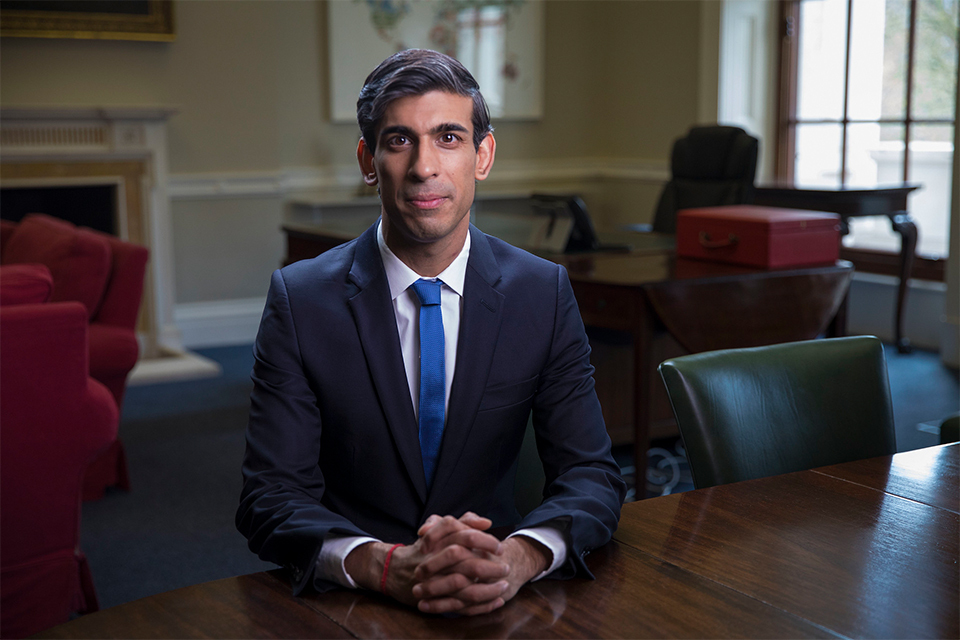Conservative leadership candidate Rishi Sunak has pledged to provide additional support for families if elected in September, as predictions for the price cap jumped again this week to pass £4,200.
“In Spring I set out a series of measures to provide help, with the most support targeted at the most vulnerable. But bills are going up by more than anyone expected and the next government will need to act,” said Sunak in a statement.
“As Chancellor I put in place a framework to support hard working families and pensioners to bring bills down. People need proven methods that will deliver for them quickly. So I will use the framework I created to provide further support and give millions of people the peace of mind they desperately need ahead of the winter.”
Sunak announced the £400 in support for households in May, with suppliers set to divide this up and directly credit customers’ accounts over six months from October. This support – which was originally unveiled as a £200 repayable loan – will be funded through a 25% windfall tax on oil and gas companies.
In addition to this support, a £150 rebate in council tax for all those in property bands A to D in England and a discretionary fund of £144 million for those who are vulnerable were also announced back in February, when Ofgem announced the price cap for the summer period was increasing by 54%.
Since then, the international energy market has become increasingly volatile, in part because of Russia’s invasion of Ukraine.
As such, gas and wholesale prices have continued to climb, pushing up predictions for the upcoming winter price cap periods – which will now be set quarterly in an effort to protect suppliers.
This week, Cornwall Insight unveiled its most recent forecasts for the Default Tariff Price Cap, which suggest it will hit £3,582 for Q4 2022 and £4,266 for Q1 2023. The bulk of this increase is driven by high wholesale prices, but updated methodology for how Ofgem sets the cap has also contributed, with the regulator recently announcing it was to include backwardation costs over a six-month period for example.
Given the sheer scale of the increases in power prices, calls for further support for the millions expected to struggle to pay have been growing.
“I’m very clear about what is required to help people, and as soon as we know how much bills will go up by, I will act,” continued Sunak.
“And it’s important for people to know how this extra support will be paid for. In order to keep any one-off borrowing to an absolute minimum I will first seek efficiency savings across Whitehall to provide direct support for families to help with the unprecedented situation we face.”
The cost-of-living crisis and in particular rising energy bills has been central to the Conservative leadership contest, with party member set to vote on whether Sunak or Liz Truss will become the next leader – and therefore the next prime minister – on 5 September.
Both candidates have been criticised by renewable energy organisations for their attack of solar farms in a recent hustings, after both suggested they took away from food security by taking up agricultural land.
However, if every solar farm currently put forward was built, this would still account for less than 0.4% of the UK’s agricultural land and 0.28% of the UK’s entire land area, according to Solar Energy UK.
“I have led people through difficult times before and I have the experience to do it again,” finished Sunak.
“It takes leadership to recognise the challenges we as a country face and putting in place the right plan to get through them to a brighter future. I did it before as Chancellor and will do it again as Prime Minister.”





